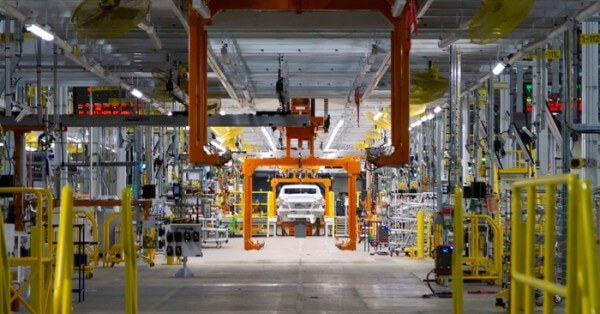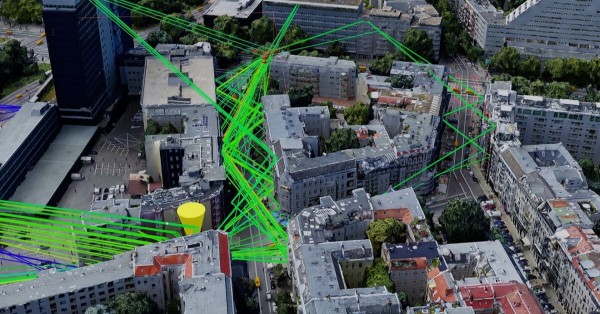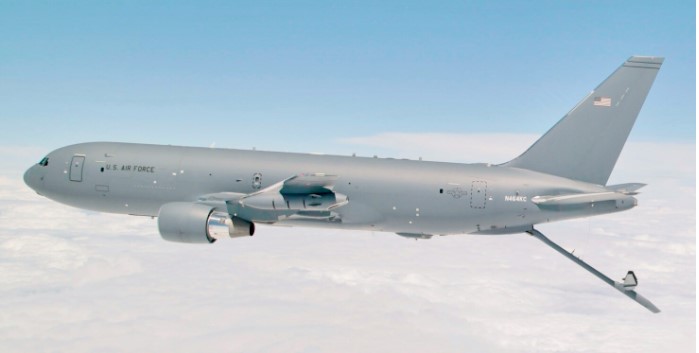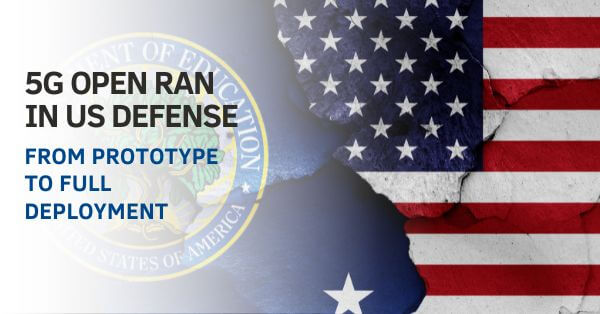Alibaba Cloud has launched Qwen2.5-Max, a next-generation artificial intelligence (AI) model that aims to surpass its competitors, including DeepSeek-V3, OpenAI’s GPT-4o, and Meta’s Llama-3.1-405B. This announcement marks a significant moment in the global AI race, as Chinese firms rapidly close the gap with Western tech giants.
The release of Qwen2.5-Max is particularly noteworthy given its timing. It comes amid growing concerns over China’s accelerating AI capabilities and the effectiveness of U.S. export controls aimed at limiting Beijing’s access to advanced semiconductor technology. With Qwen2.5-Max, Alibaba is making a bold statement—Chinese AI innovation is progressing despite restrictions, and efficiency-driven models could disrupt traditional AI development strategies.
Qwen2.5-Max vs. Leading AI Models: How It Stands Out
Alibaba claims Qwen2.5-Max has outperformed major AI models in several key benchmarks:
- Arena-Hard: Achieved a high score of 89.4%, demonstrating strong reasoning and problem-solving capabilities.
- LiveBench and LiveCodeBench: Displayed superior results in code generation and real-world AI applications.
- Mathematical Reasoning: Scored 94.5% accuracy, making it one of the most proficient models in handling complex mathematical problems.
Unlike many Western AI models that rely on massive GPU clusters, Qwen2.5-Max uses a mixture-of-experts (MoE) architecture, which activates only specific neural network components needed for a given task. This approach not only reduces computational costs but also improves efficiency, making high-performance AI more accessible for businesses.
By focusing on resource optimization, Alibaba aims to lower infrastructure costs by 40-60%, a significant advantage over AI models that require extensive data center investments. This could encourage enterprises to shift their AI strategies from scaling up hardware to optimizing architectures for cost-effective deployment.
Enterprise AI Adoption: What Qwen2.5-Max Means for Businesses
For businesses looking to integrate AI solutions, Qwen2.5-Max presents a compelling alternative to established models. Key benefits include:
- Lower infrastructure investment: Companies can deploy advanced AI capabilities without needing large-scale GPU clusters, reducing costs.
- Optimized efficiency: The model is designed to handle complex tasks with minimal computing resources, making it attractive for enterprises looking to cut operational expenses.
- Scalability: Organizations can scale AI deployments more easily, without overhauling their entire IT infrastructure.
However, adopting Chinese-developed AI comes with its own set of considerations. Many enterprises must evaluate:
- Data sovereignty: Regulations in regions like the U.S. and EU may impose restrictions on data processed through Chinese AI models.
- API reliability and support: Companies must assess Alibaba Cloud’s long-term support, security measures, and integration capabilities.
- Regulatory risks: With U.S. and European regulators monitoring Chinese AI developments, future policy changes could affect adoption.
China’s AI Surge: How Alibaba and DeepSeek Are Reshaping the Market
The Chinese AI sector is undergoing a rapid transformation, with DeepSeek emerging as a major player. DeepSeek-V3 and R1 have already disrupted the market, prompting Alibaba and other Chinese tech firms like ByteDance and Baidu to accelerate their AI initiatives.
DeepSeek has positioned itself as a cost-efficient AI leader, offering low-cost AI assistant services that have even impacted U.S. tech stocks. Following the launch of DeepSeek-R1 on January 20, Nvidia’s shares fell 17%, reflecting concerns that Chinese AI startups could erode the dominance of U.S. semiconductor firms.
Alibaba’s Qwen2.5-Max directly responds to DeepSeek’s rise, aiming to regain leadership in China’s AI race while also competing globally. The model’s release during the Lunar New Year, when most businesses in China are closed, underscores the urgency Alibaba feels in staying competitive.
The Global AI Battle: U.S. vs. China
The rivalry between China and the U.S. in AI is intensifying, and Qwen2.5-Max represents a shift in strategy. Instead of relying on high-end semiconductor access, Chinese firms are focusing on efficiency-driven AI innovation.
In contrast, Western AI firms like OpenAI and Anthropic continue to invest in brute-force computing power, deploying tens of thousands of GPUs to train their models. While this approach has yielded state-of-the-art performance, it also drives up costs, limiting accessibility for smaller enterprises.
U.S. policymakers have implemented chip export controls to slow China’s AI progress. However, Alibaba’s Qwen2.5-Max suggests these restrictions have pushed Chinese firms toward architectural innovation, rather than halting their advancements.
The question now is whether Western AI companies will shift toward efficiency-driven strategies or continue relying on computational scaling to maintain leadership.
What’s Next in the AI Race?
With Alibaba, DeepSeek, and ByteDance all rapidly iterating on their AI models, the coming months could see further breakthroughs in China’s AI landscape. Meanwhile, U.S. tech firms will need to reassess their strategies to counter the rise of cost-efficient AI models from China.
For investors, enterprises, and policymakers, the stakes have never been higher. The AI battle is no longer just about computational power—it’s about who can achieve the best results with the most efficient methods.
As the industry shifts toward optimized AI architectures, businesses will need to rethink their AI investments, balancing performance, cost, and regulatory concerns. One thing is certain: the AI arms race is far from over, and efficiency may become the defining factor of future AI supremacy.
























